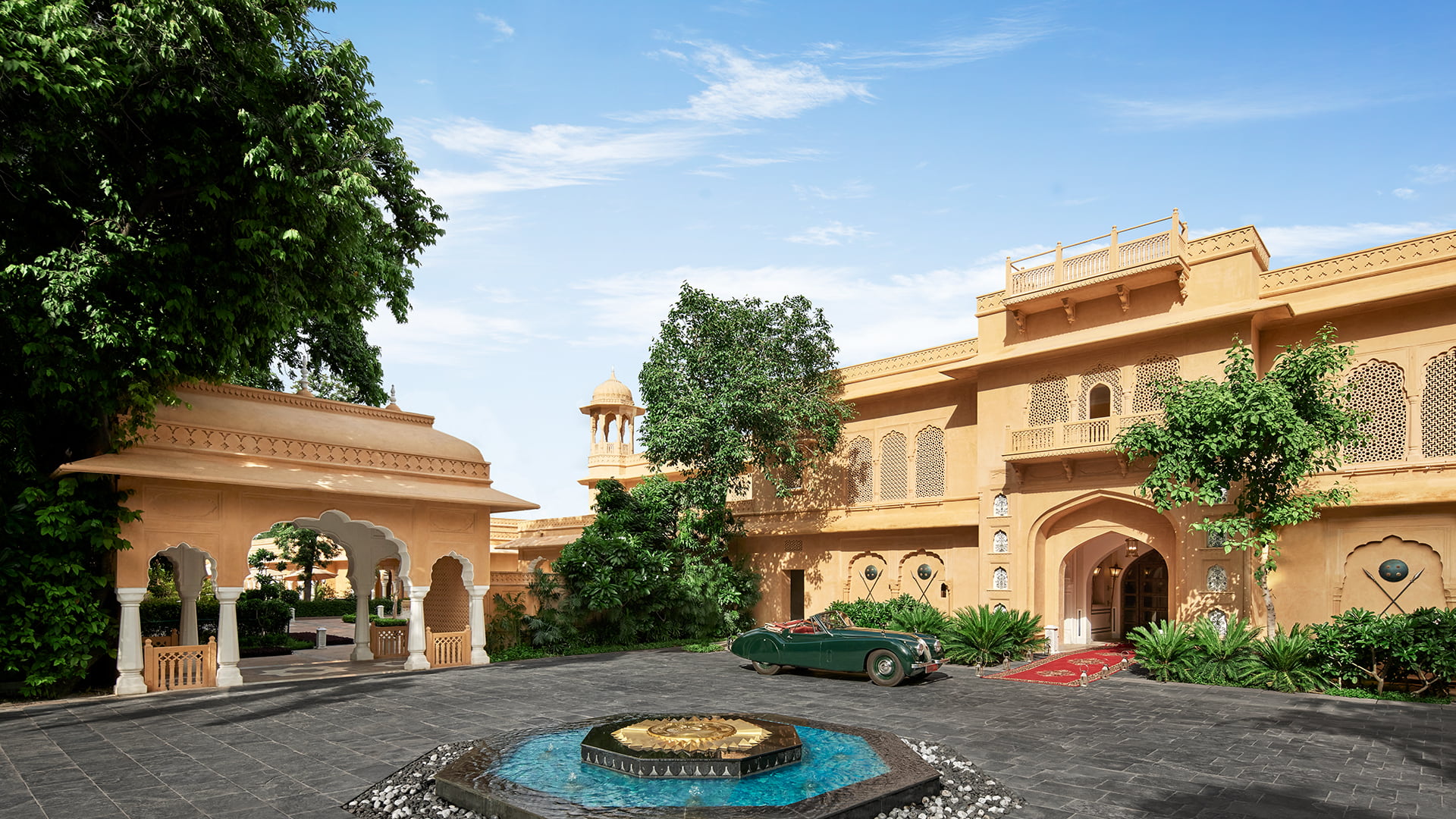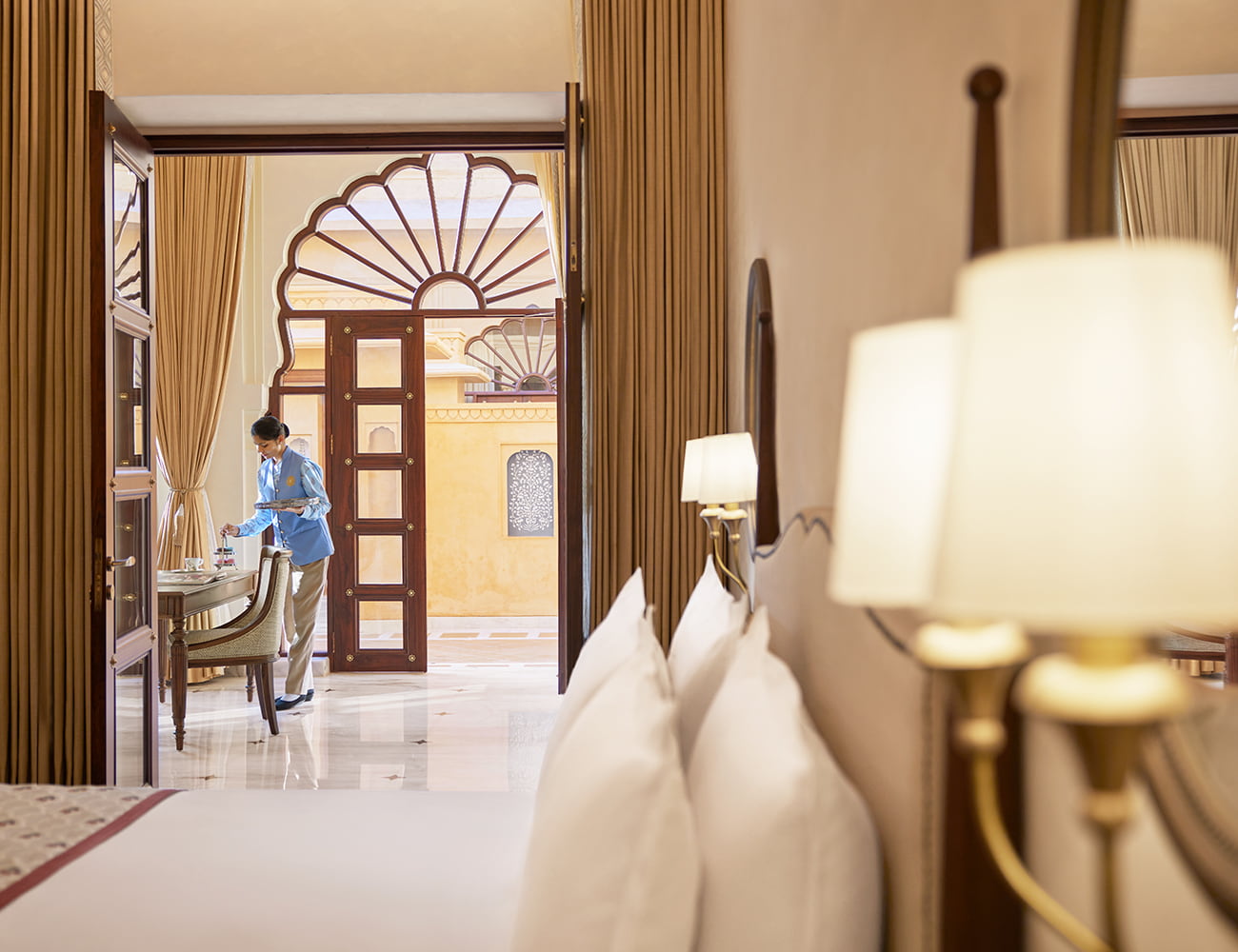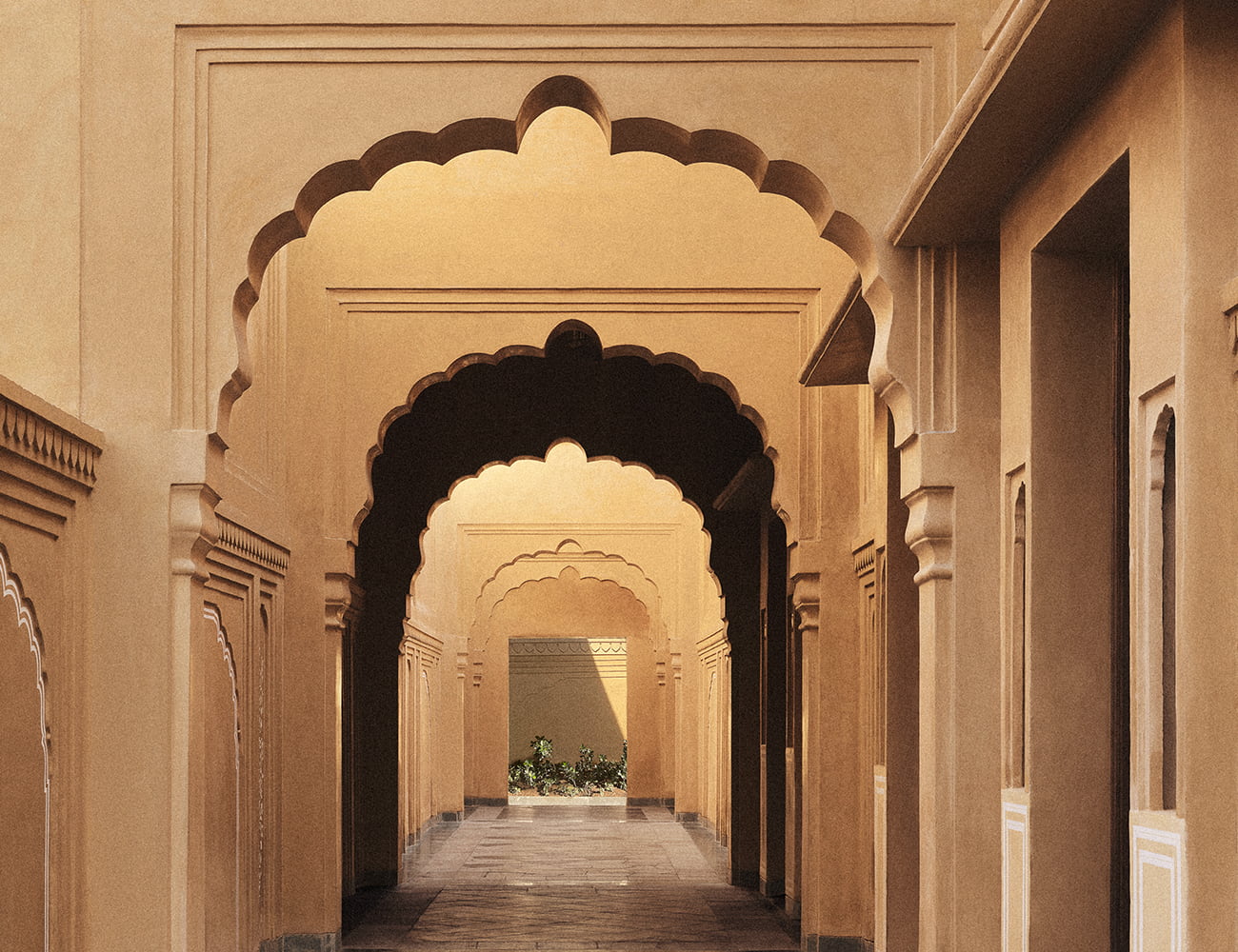TRANSFORMING GUEST EXPERIENCES IN THE HOSPITALITY INDUSTRY
Experiential design is the art of crafting immersive experiences that deeply engage guests and create lasting memories. It has fast become an indispensable aspect of the hospitality industry, which is shifting its focus from merely functional to offering memorable, sensory-rich stays. This personalized approach caters to guests' growing desire for unique and meaningful experiences. Experiential design often integrates technology, local culture, and storytelling to create spaces that resonate emotionally with guests, making the 'stay' an unforgettable part of their travel experience. Whether it's a luxurious hotel evoking the grandeur of royalty or a hunting lodge nestled in the wilderness, the hospitality industry is increasingly defining itself through distinct personalities and intricate narratives, wowing the guests in progress.

Over the past few decades, we have seen a shift in consumer behaviour. Gone are days when hotels were simply a place to lodge and lunch. Now, hotels and the F&B industry actively cater to creating memorable experiences for their discerning guests. There is a concentrated effort towards elevating the experience. This isn't simply a trend. With the advent of social media and advancement in technology, leading to better global connectivity, having a personal brand distinct from others is essential. Hotels actively create strong narratives; guests intend to be a part of the experience instead of being mere spectators. Many hotels employ crafts, traditions, foods, and decor inspired by the local culture, which plays a significant role in immersing the guests in the culture. This authentic connection with the local culture helps with high engagement and interaction. Increased guest engagement leads to positive reviews and makes the hotel more 'Instagrammable'.
This comprehensive experience, rooted in local culture, is what hotels intend to create. Not just hotels but even smaller establishments such as bed and breakfasts are also bringing the local experience into their fold. Guests are often asked to be a part of the family, frequently lunching and cooking together. Experiential designs are also entering the F&B industry in a big way. Restaurants are quick to adapt. Everything from the carefully curated food and wine menus to the lighting, playlists, furnishings and even the dinnerware align to create a positive memory. The Suvarna Mahal at Taj Rambagh, Jaipur, embodies the rich heritage of royalty with its maximalist decor pairing well with the decadent menu. At IDEAS, we are involved in various projects and contribute to a rich cultural narrative. At Sawai Man Mahal, Jaipur, a harmonious balance between heritage and modernity was introduced for a luxurious hospitality experience.


We incorporated traditional crafts like thikri mirror work and araish[traditional lime plastering technique] along with patterns reminiscent of Rajasthani forts and palaces to enrich the guests' experience. Similarly, for Leela Palace, Jaipur, we intended to create a serene oasis characterised by ornate jaalis, traditional chhatris, silver domes and more to pay homage to the Rajputana and Mughal heritage. The design language reflected the old-world charm and the royal lifestyle of yesteryears